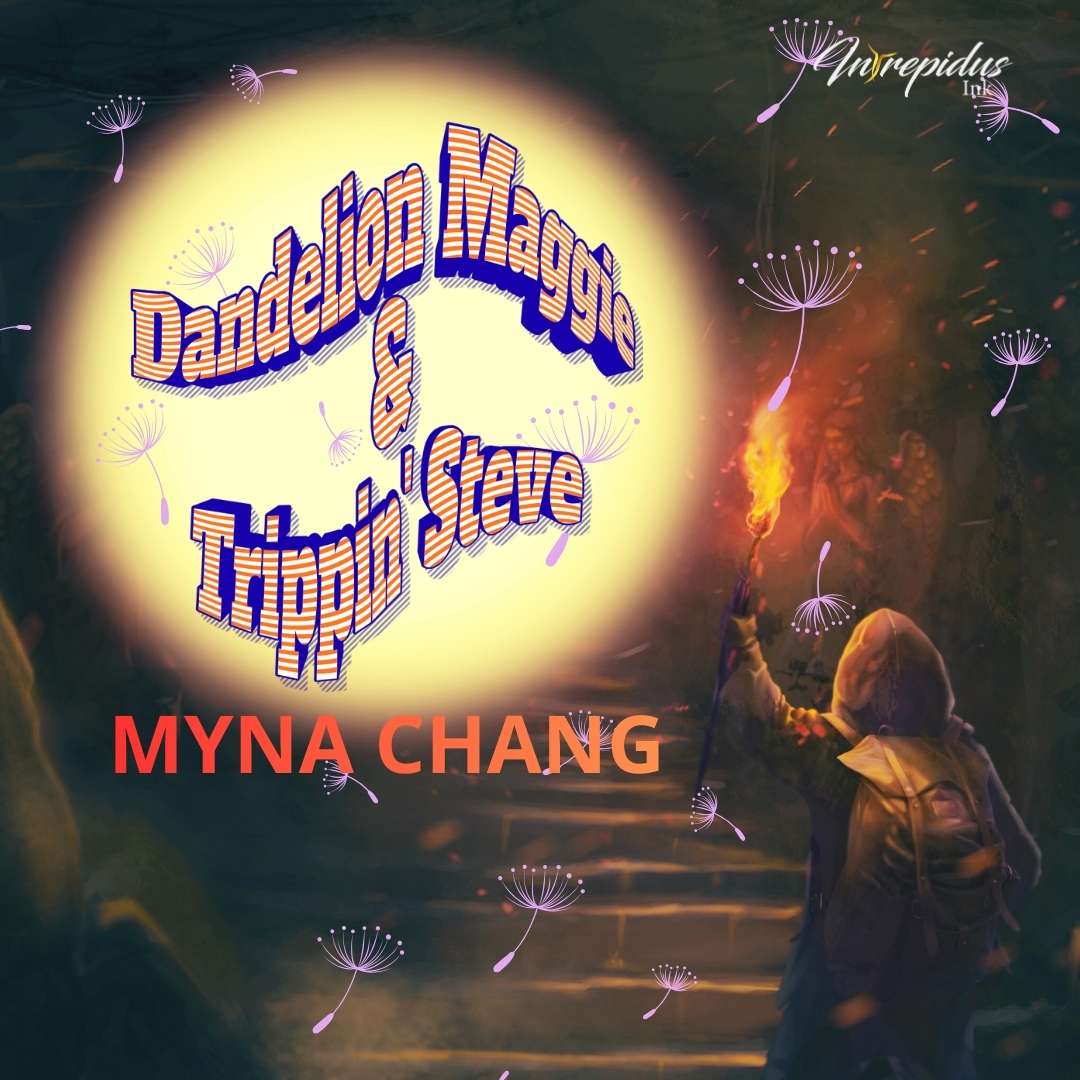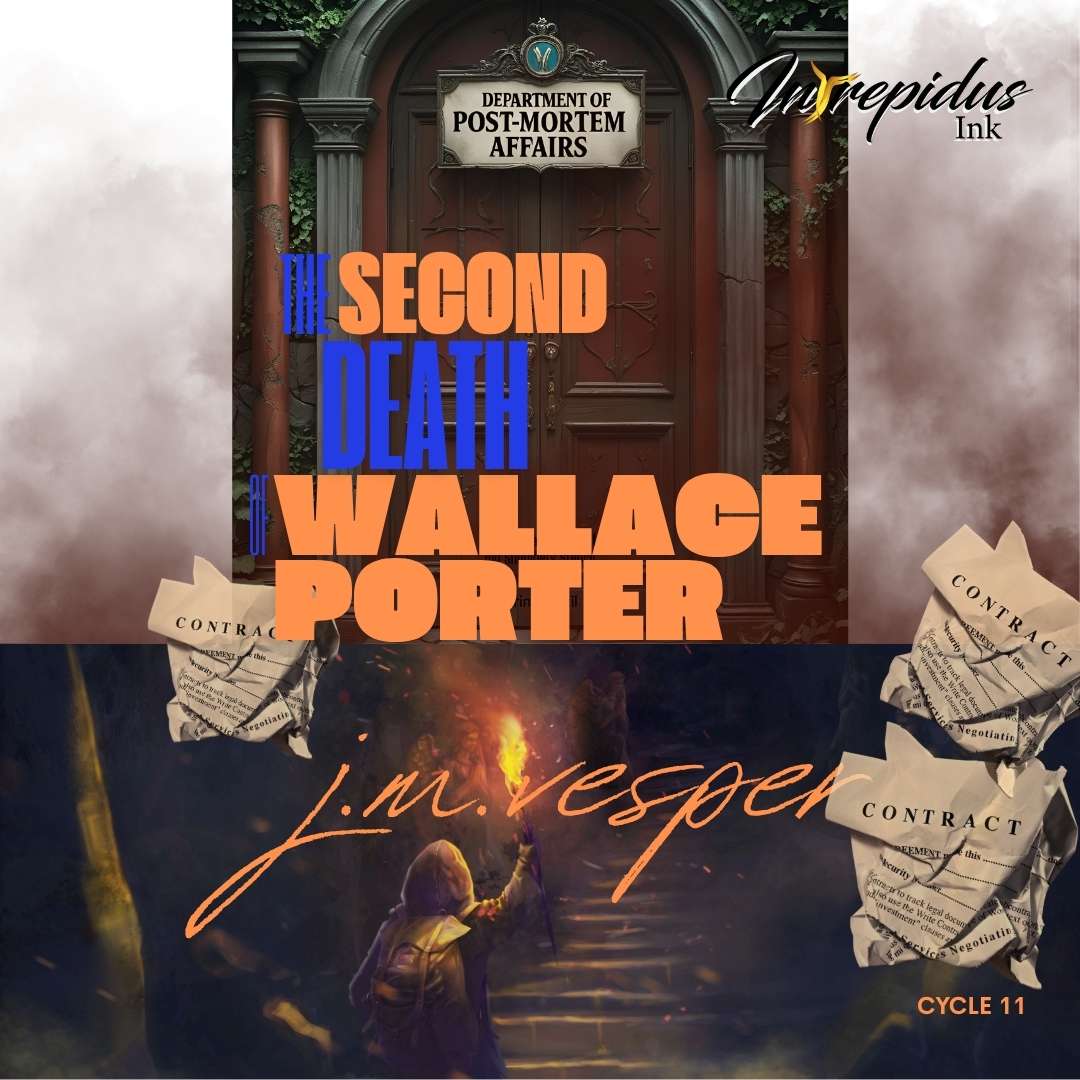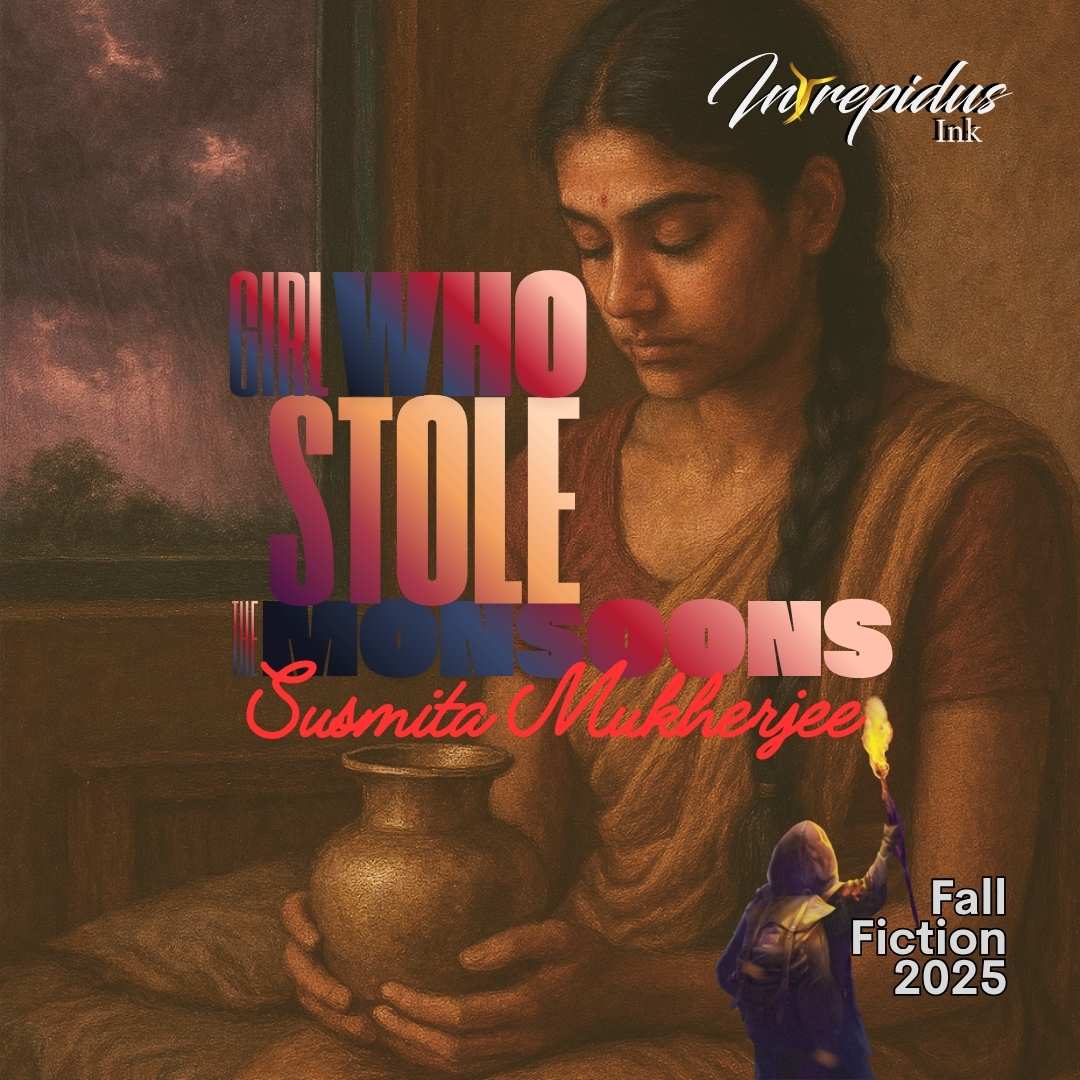

Speculative Fiction
I died on a Tuesday, which wasn’t nearly as inconvenient as dying again on Thursday.
The first death was clinical—heart stopped for six minutes during a valve replacement. But death, like most bureaucracies, has loopholes. The surgeons pulled me back and sent me home with blood thinners and instructions to “take it easy.”
What they didn’t mention was the paperwork error.
“Mr. Porter?” The woman at my door wore a charcoal pantsuit and carried a leather portfolio that screamed government official. “Department of Post-Mortem Affairs. May I come in?”
I let her into my living room, still cluttered with get-well cards and abandoned mugs of tea.
“There’s been a clerical issue with your death certificate,” she said, settling into my recliner. “According to our records, you’re officially deceased.”
“Clearly not,” I replied, gesturing to my very solid self.
“Administrative truth trumps biological reality. Your heart stopped. A death certificate was filed. The fact that you…reanimated… doesn’t invalidate the paperwork.”
“So I just cease to exist because of some form?”
She consulted her portfolio. “According to Protocol 37-B, you have forty-eight hours to die properly or face penalties for existential non-compliance.”
“You’re joking.”
Her expression suggested she’d never encountered humor. “The Department doesn’t joke. Death is final. Has to be.” She handed me a blue pamphlet titled So You’ve Been Officially Dead: Next Steps.
“This is insane. I can’t just die because some bureaucrat checked the wrong box.”
“Actually, they checked the right box. You died. Now you’re creating a paradox.” She stood. “Thursday, 4:27 PM. Your expiration window closes then.”
I called my doctor, my lawyer, even my congresswoman. The Department of Post-Mortem Affairs, it seemed, outranked them all.
By Thursday morning, the world had accepted my non-existence. That’s because my body had begun to cooperate with bureaucratic reality. The mail carrier stepped through me like I was morning fog. My neighbor walked her dog right past me, unseeing. By noon, my fingers had turned completely translucent. My footsteps made no sound. Hunger couldn’t be satisfied by food that passed straight through my increasingly insubstantial form.
By 3 PM, desperation drove me to the one place I’d been avoiding: Lakeside Cemetery, where a fresh grave bore my name. A small maintenance shed stood nearby, its door hanging open. Inside, I found a groundskeeper’s logbook and a pen. If forms had killed me, perhaps forms could save me.
I wrote furiously, documenting my existence, my thoughts, everything I’d ever been. Not a goodbye letter—a declaration of continued life. When the pen ran dry, I pricked my finger and finished in blood.
Then I took a shovel and began to dig.
At 4:15, I hit wood. By 4:22, I’d cleared enough to see the coffin lid—polished oak– practical but dignified.
I pried it open, revealing…emptiness. Nobody. Just my logbook entries, multiplied and filling the interior like thousands of bureaucratic forms, and each bore the same message: I STILL EXIST.
“Remarkable,” said the Department representative, appearing at the graveside at 4:26. “No one’s ever tried a counter-filing before.”
My hands had stopped fading. I could feel solidity returning to my feet.
“You knew the coffin was empty,” I said.
“Of course. There’s never a body in paradox cases. Just the potential for one, which you’ve now officially contested.”
“So I’m not dying today?”
Her smile was thin but genuine. “Oh, you’re absolutely dying, Mr. Porter.” She opened her portfolio, revealing a clock counting down—three seconds remaining. “But not in the way you think.”
As the counter hit zero, the world shimmered. The cemetery dissolved, and we stood in a vast office space of infinite white desks stretching beyond comprehension.
“Welcome to the Department,” she said. “We’ve been short-staffed since the pandemic. Most people just accept their second death.”
“And those who don’t?”
“Become recruiters. Like me. I contested my death in 1986.”
She handed me a gray badge with my name already printed on it. “The living never question the paperwork of death, Mr. Porter. That’s exactly the kind of thinking we need.”
“What if I refuse?”
“Then today’s sunset will be your last.”
I looked at the badge, then at the impossible office. There was a third option, one no bureaucracy ever voluntarily offers.
I turned the badge over to reveal a cancellation form on its reverse side.
“I’m choosing door number three,” I said, flicking my still-bloodied finger across the paper. “I’m filing for clerical review of the entire system.”
Her face paled. “That’s not permitted without a senior authority signature.”
“But you already gave me one.” I held up the badge with her authorization mark clearly stamped below my name. “Administrative truth trumps bureaucratic reality, doesn’t it?”
A tremor ran through the infinite office. Desks began to shimmer and fade.
“What happens now?” I asked as reality rippled around us.
For the first time, uncertainty broke through her professional facade. “No one’s ever filed for complete systemic review. The Department…the rules…” She clutched her portfolio as it disintegrated. “You’ve created a much bigger paradox.”
As the bureaucratic afterlife collapsed, I found myself smiling. “Maybe death shouldn’t be quite so bound by paperwork.”
I woke up Friday morning to my phone ringing—my sister, crying with joy. My “death” had been officially rescinded, a “rare administrative error,” according to the apologetic hospital.
In my wallet, I found a single gray business card reading only: “Department of Post-Mortem Affairs—Currently Under Reconstruction.”
My signature was still drying on the back.
Author Bio

J.M. Vesper writes speculative stories and poetry from their Phoenix home. They hold degrees in English: Creative Writing (B.A.) and Secondary Teaching (M.A.). When not writing, they spend their days in libraries or watching football religiously. Find them at jmvesper.com.

